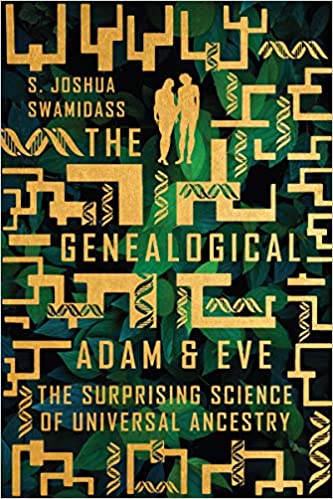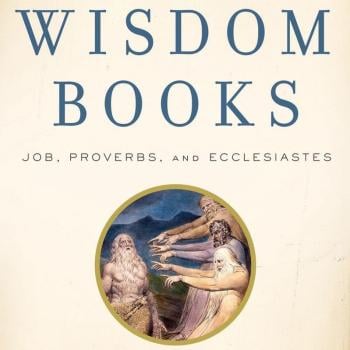Q. In my dialogue with Bill Craig, I pressed him with the notion of Hebrews using myths. My own study of the matter shows that they were demythologizing if anything other familiar ANE ideas and sagas. They simply weren’t a myth making people, so I had problems with the notion that about one verse of Genesis 2-3 reflected some historical kernel, and I gather you would agree and he suggests all we can know is that there was a historical Adam and Eve which he locates with Heidelberg man. I honestly think Paul and Jesus would be surprised to hear all this. They seem clearly to take Adam and Eve as historical persons, not merely literary figures, especially in Rom. 5. What do you think?
A. My understanding is aligned with yours. It does seem to me that the Bible’s conversation with ANE literature more about debunking myths than borrowing them. It seems to be saying, “you’ve heard one story, but here is what really happened.” That isn’t the sort of relationship that lends it self to dismissing most of Genesis as fictional stories with no historical truth.
Of course, we should agree with Craig that our faith doesn’t require reading Genesis as largely historical. However, it seems that something is lost if we don’t. For Craig, placing Adam and Eve at the headwaters of “humanness” 700,000 years ago is worth the price of reading most of Genesis 1-11 as mythology. This seems to be too high a price to pay, especially because the grounding for placing Adam and Eve at the headwaters of “humanness” is so weak.
Perhaps someone can make a case that Adam and Eve are the first fully human minds on the planet, but I’m skeptical. He reads most of Genesis as mythological, except he insists on a hyper-literalistic reading of Genesis 2:5, out of conversation with the surrounding context. This sort of reading seems inconsistent with, out of step with, the genre-based argument his making. On another level, both in Craig’s argument and with his critics, there seems to be a central equivocation between “genre” and “fiction vs. non-fiction.” Genre pertains primarily to the form and style of writing, not whether the subject of the text should be taken as fictional or not.
We can agree that a portion of text is poetry. But there are poems about fictional events, and others about non-fictional events. Even non-fictional poems have non-literal elements, but which is which? We can say that a book is in the genre of a “graphic novel,” which is to say it is a comic book. But there are non-fiction comic books. It would be a mistake to think a book about Dietrich Bonhoeffer is describing a fictional person, merely due to consideration of genre.
Similarly, even if Genesis is in the genre of myth, this tells us nothing about whether it is a fictional myth. For all the discussion about genre, the real question, it seems, is what specifically should be taken as figurative fiction, or not. Determining the genera as “poetry” or “comic book” or “myth” does little to answer this question.
In the end, most Evangelicals see intrinsic value in understanding Scripture as referent to some historical reality. The richer the connections to history are, the better. For that reason, I think most Evangelicals will prefer a more recent Adam and Eve.















